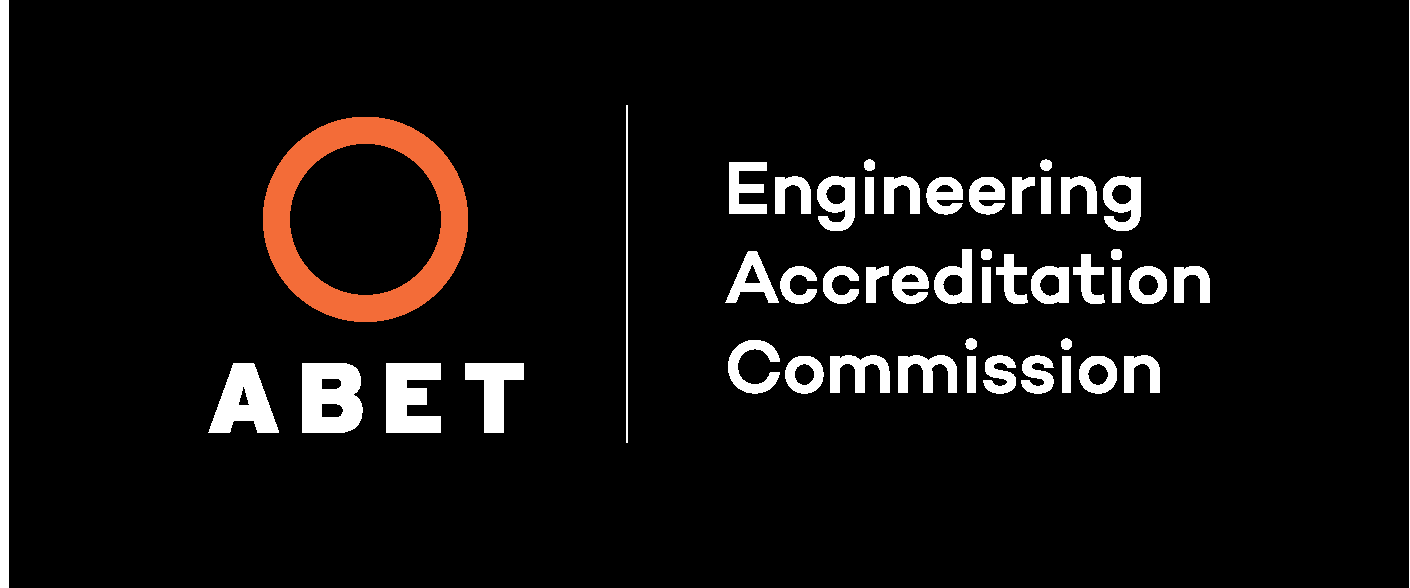 The Bachelor of Civil Engineering program is accredited by the Engineering Accreditation Commission of ABET (Accreditation Board for Engineering and Technology), http://www.abet.org.
The Bachelor of Civil Engineering program is accredited by the Engineering Accreditation Commission of ABET (Accreditation Board for Engineering and Technology), http://www.abet.org.
Civil Engineering Program Educational Objectives
The objectives of the Civil Engineering program are consistent with the mission statements and guiding principles of the college and the university. The objectives are to produce graduates who within 2 to 5 years after graduation have the following characteristics:
- Effectively communicate verbally and in writing.
- Demonstrate progressive technical competency.
- Acquire and maintain professional registration(s).
- Participate and/or lead as an engineering team member.
- Meet realistic project schedule deadlines and budget constraints consistently.
- Continue professional growth through activities such as continuing education, graduate school, activities in professional societies, and community involvement.
- Make decisions that include ethical and societal considerations.
- Demonstrate critical thinking skills.
Civil Engineering Program Student Outcomes
Outcomes are statements that describe what students are expected to know and are able to do by the time of graduation. These outcomes should also support the achievement of the stated program objectives. These outcomes must embrace the ABET required outcomes:
- An ability to identify, formulate, and solve complex engineering problems by applying principles of engineering, science, and mathematics;
- An ability to apply engineering design to produce solutions that meet specified needs with consideration of public health, safety, and welfare, as well as global, cultural, social, environmental, and economic factors;
- An ability to communicate effectively with a range of audiences;
- An ability to recognize ethical and professional responsibilities in engineering situations and make informed judgments, which must consider the impact of engineering solutions in global, economic, environmental, an societal contexts;
- An ability to function effectively on a team whose members together provide leadership, create a collaborative and inclusive environment, establish goals, plan tasks, and meet objectives;
- An ability to develop and conduct appropriate experimentation, analyze and interpret data, and use engineering judgment to draw conclusions; and
- An ability to acquire and apply new knowledge as needed, using appropriate learning strategies.
Annual Civil Engineering Degrees Awarded
| 2016-17 | 2017-2018 | 2018-19 | 2019-20 | 2020-21 | 2021-2022 |
| 31 | 27 | 52 | 38 | 61 | 43 |
Enrollment in Civil Engineering
| 2016-17 | 2017-2018 | 2018-19 | 2019-20 | 2020-21 | 2021-2022 |
| 167 | 175 | 224 | 210 | 192 | 169 |

